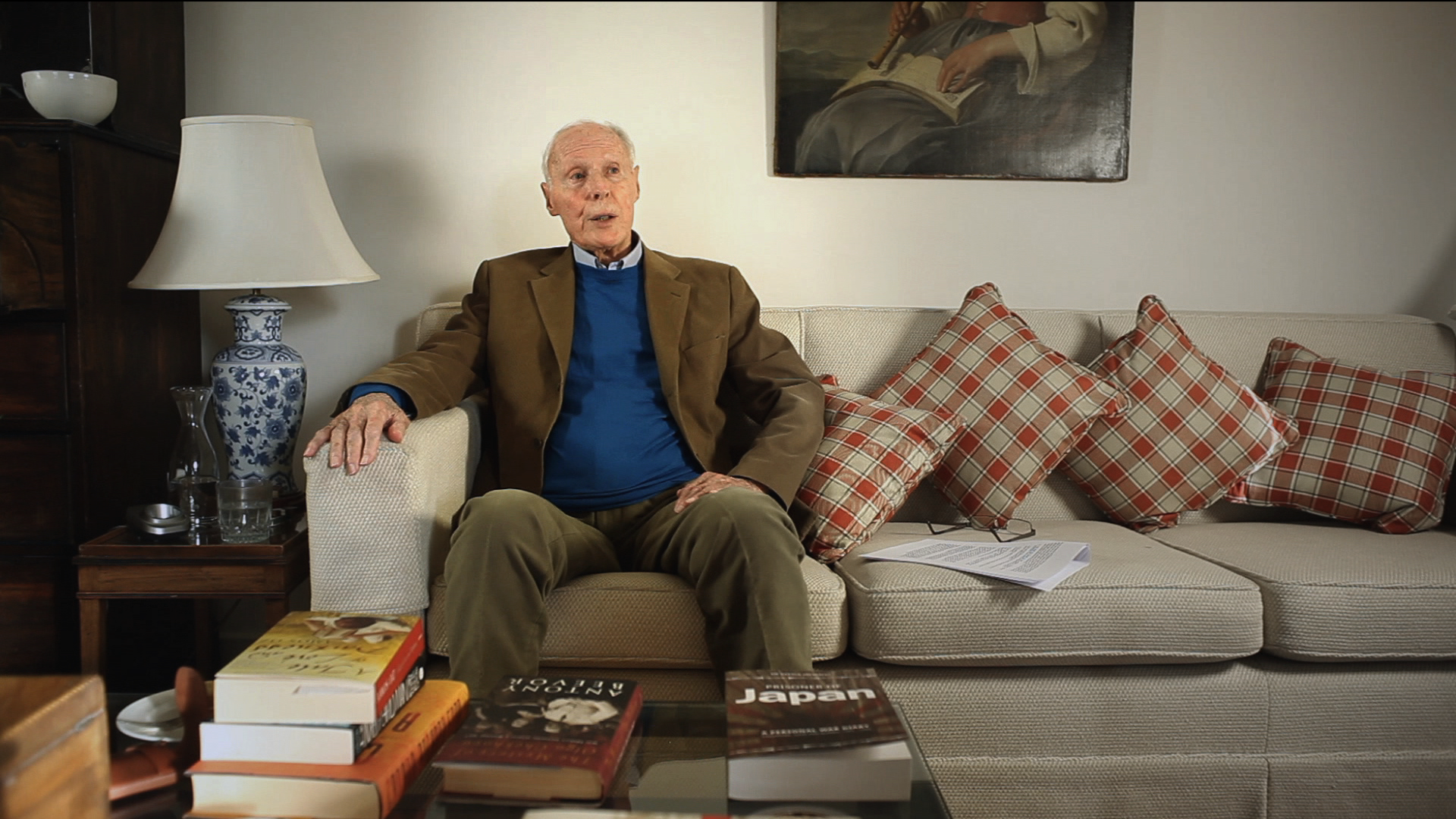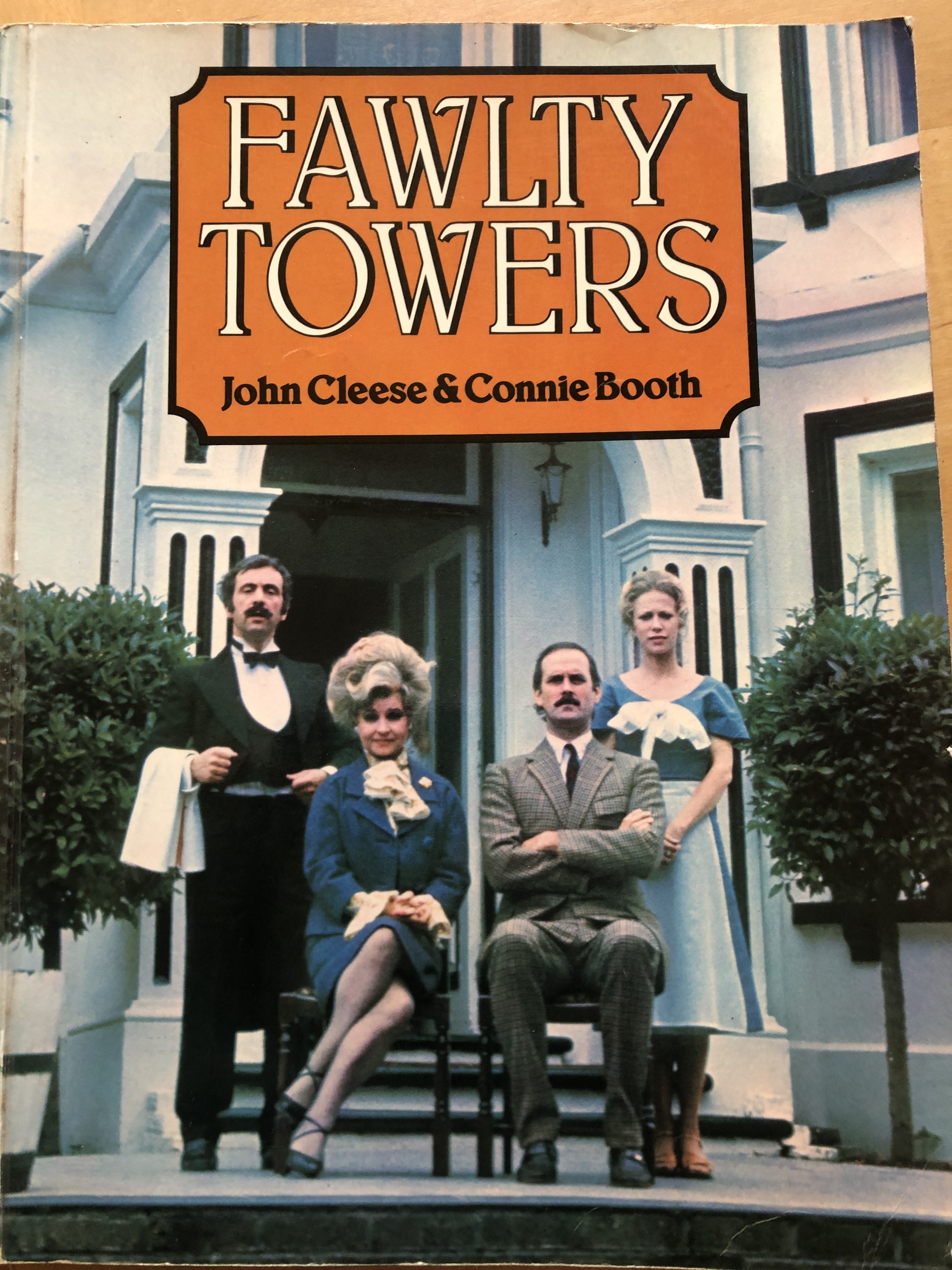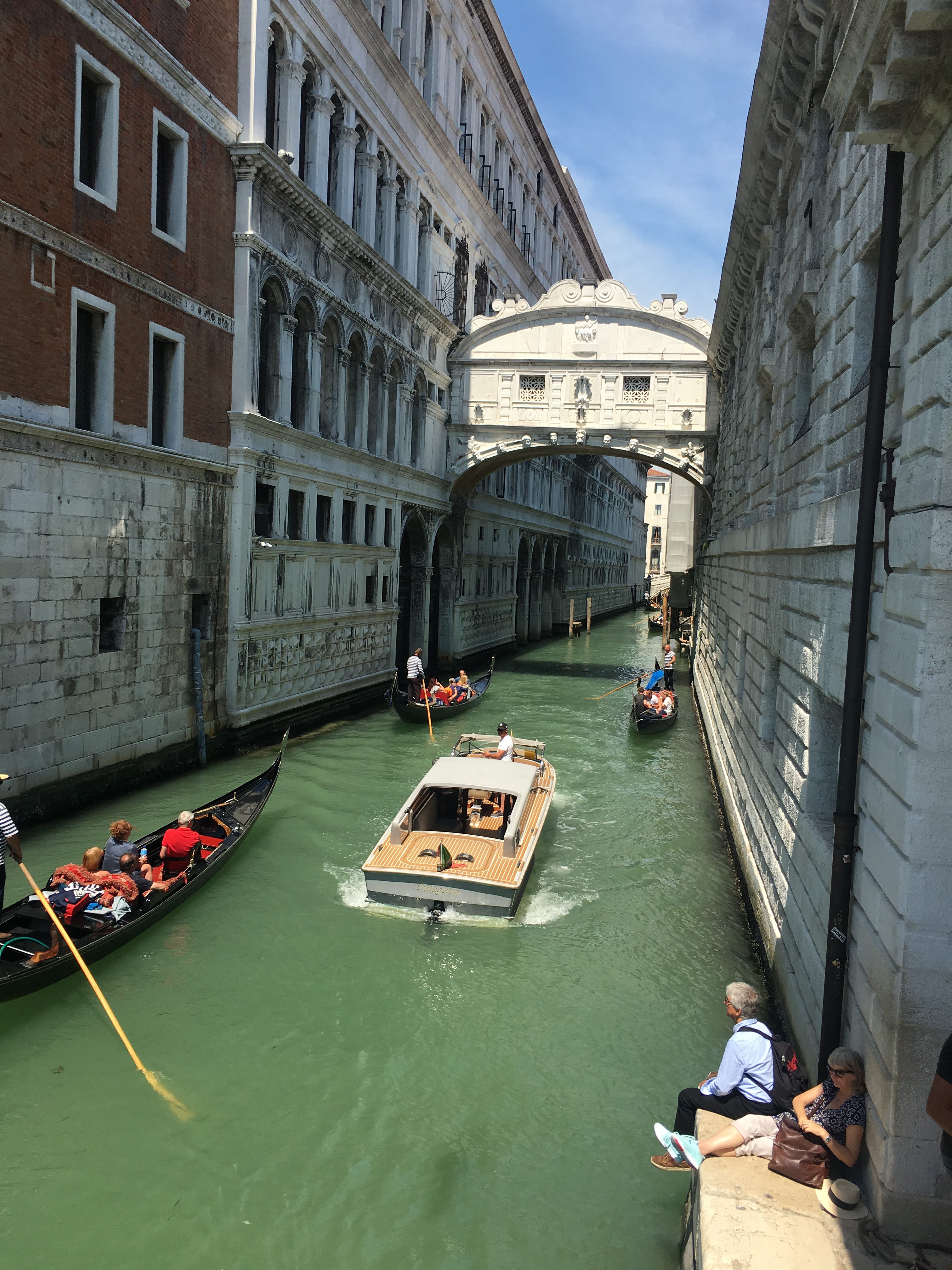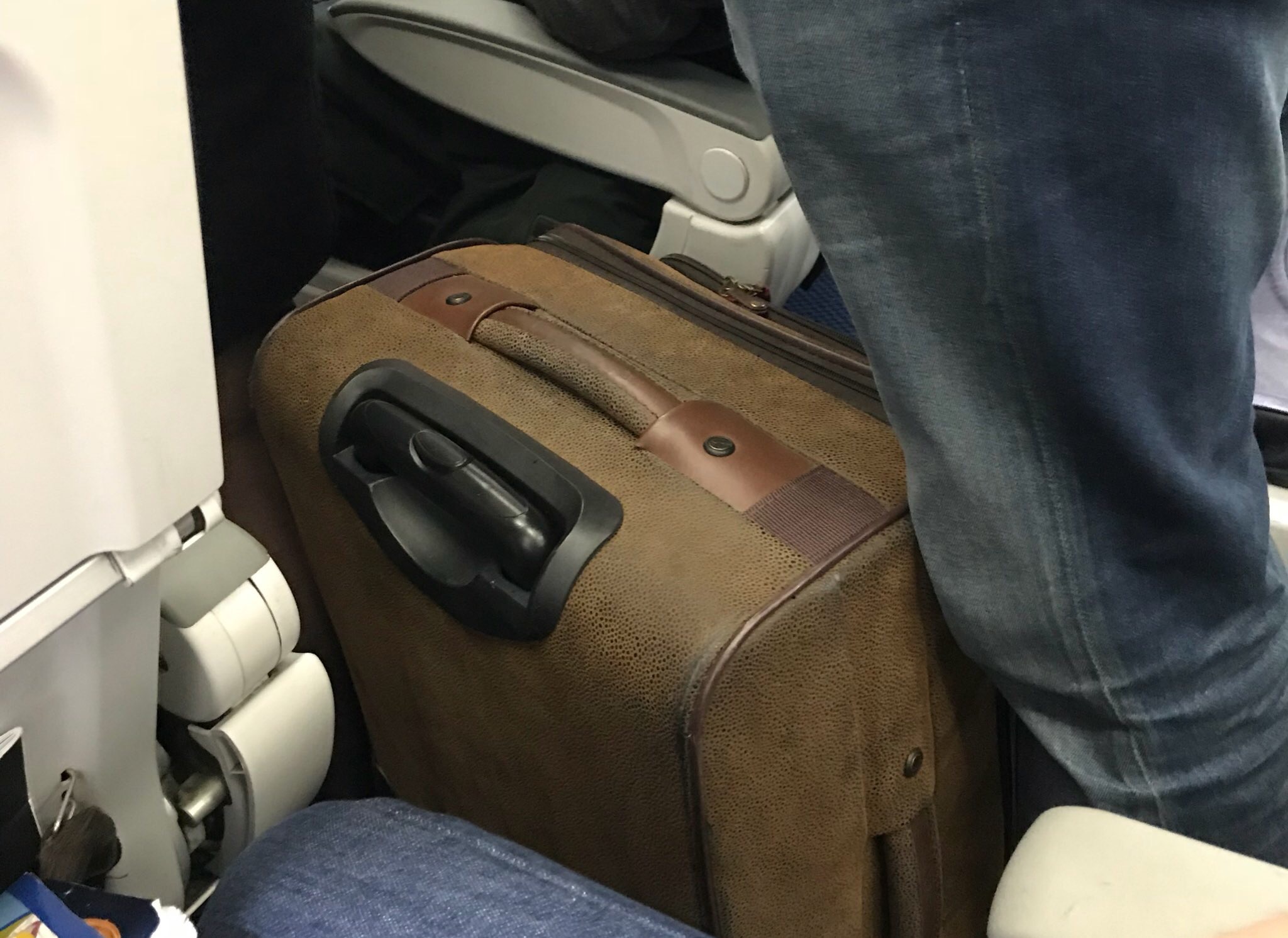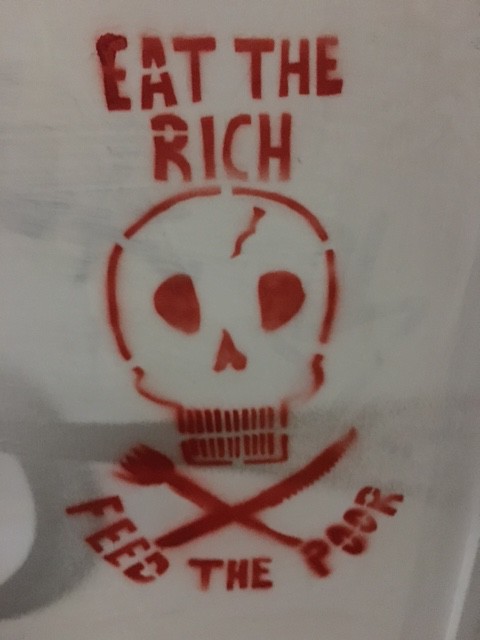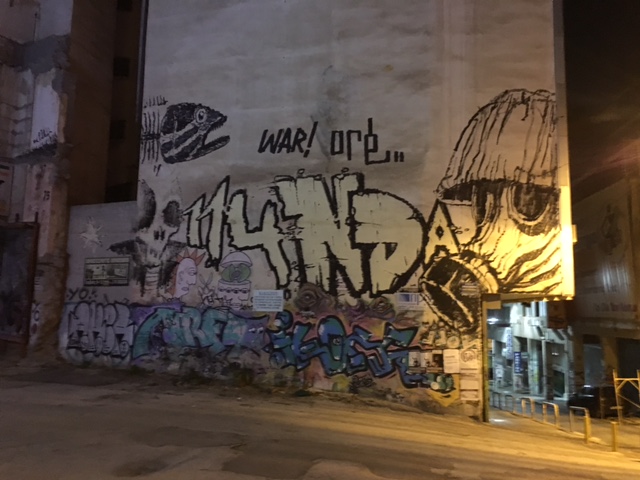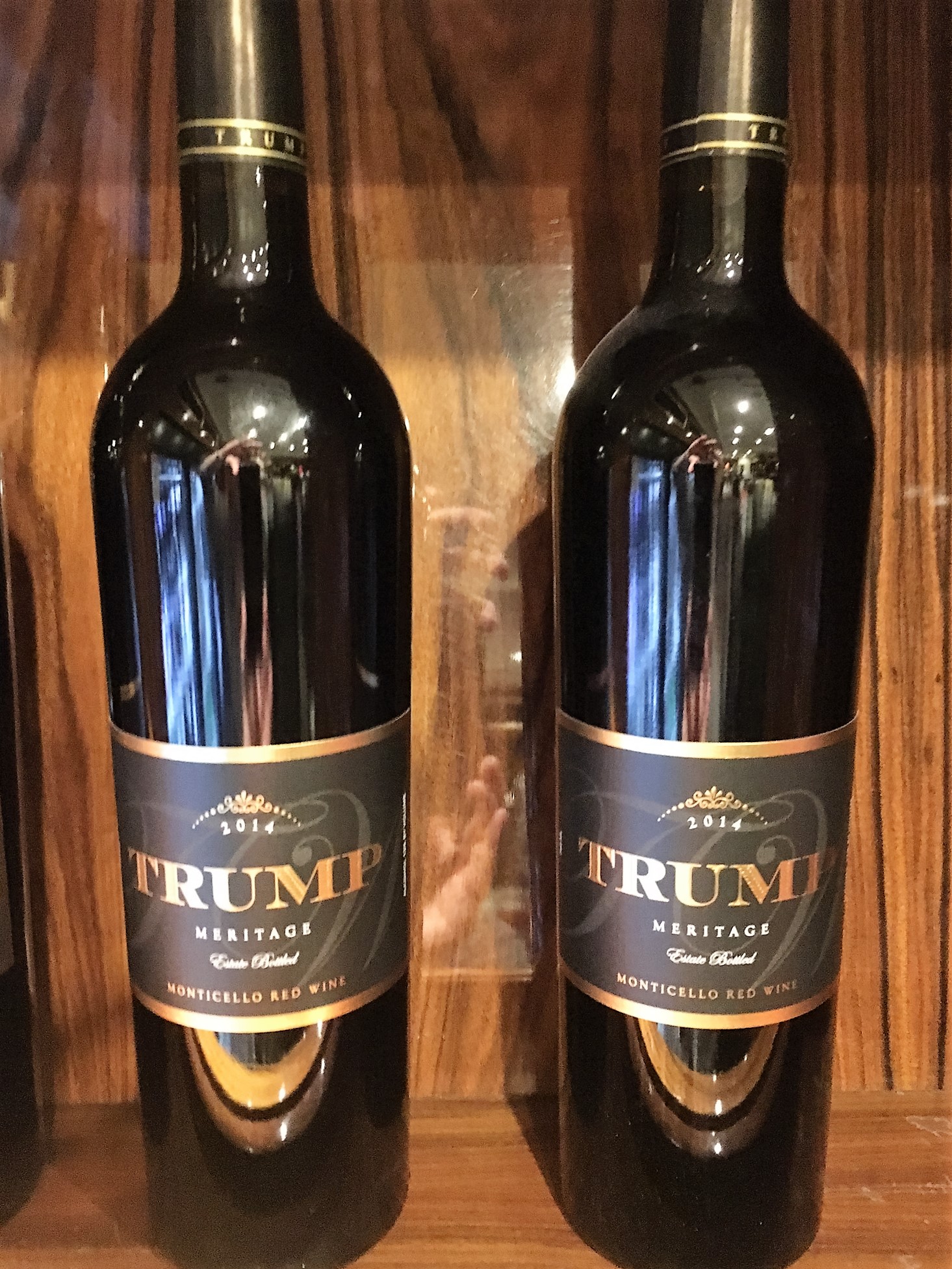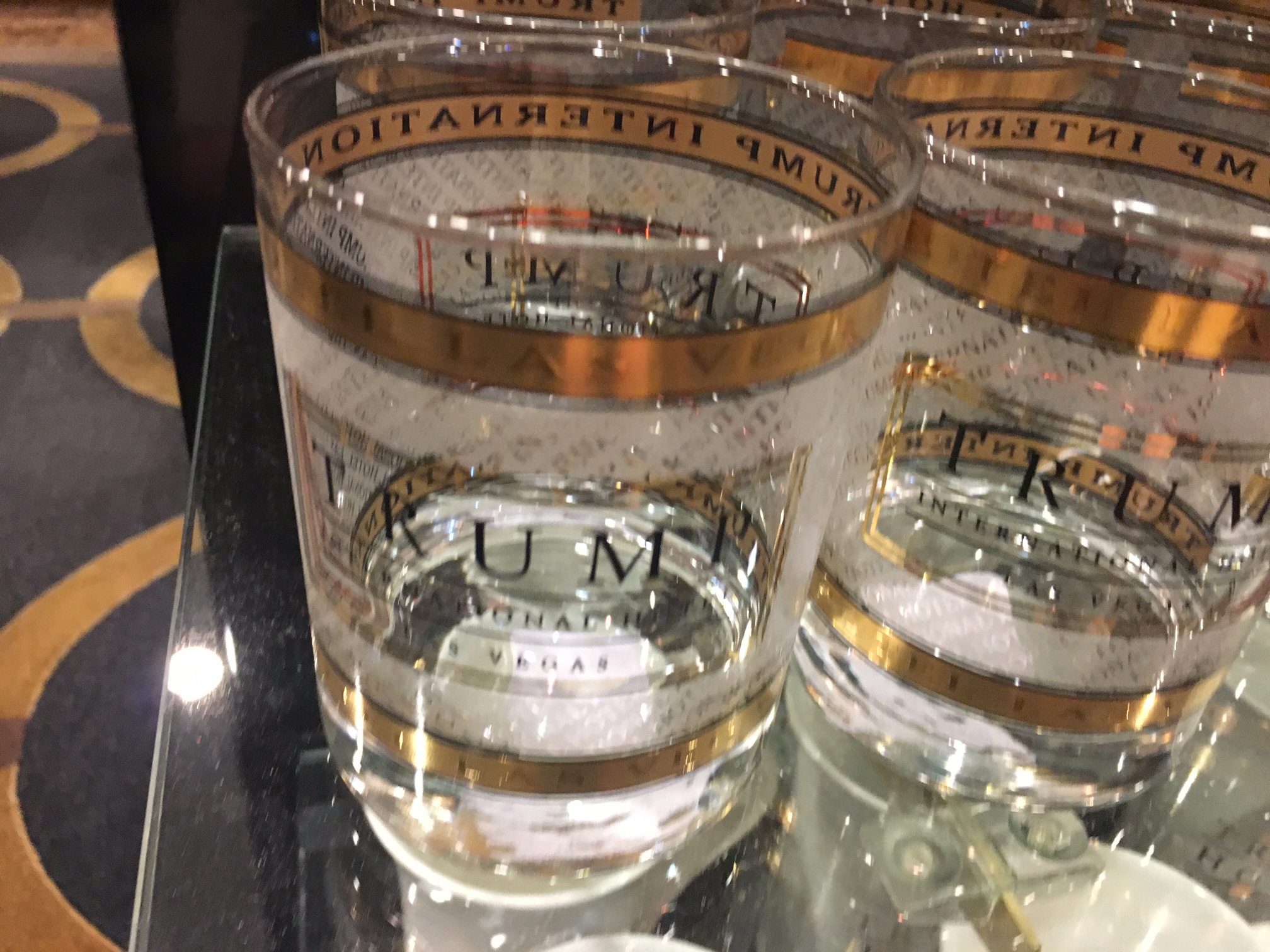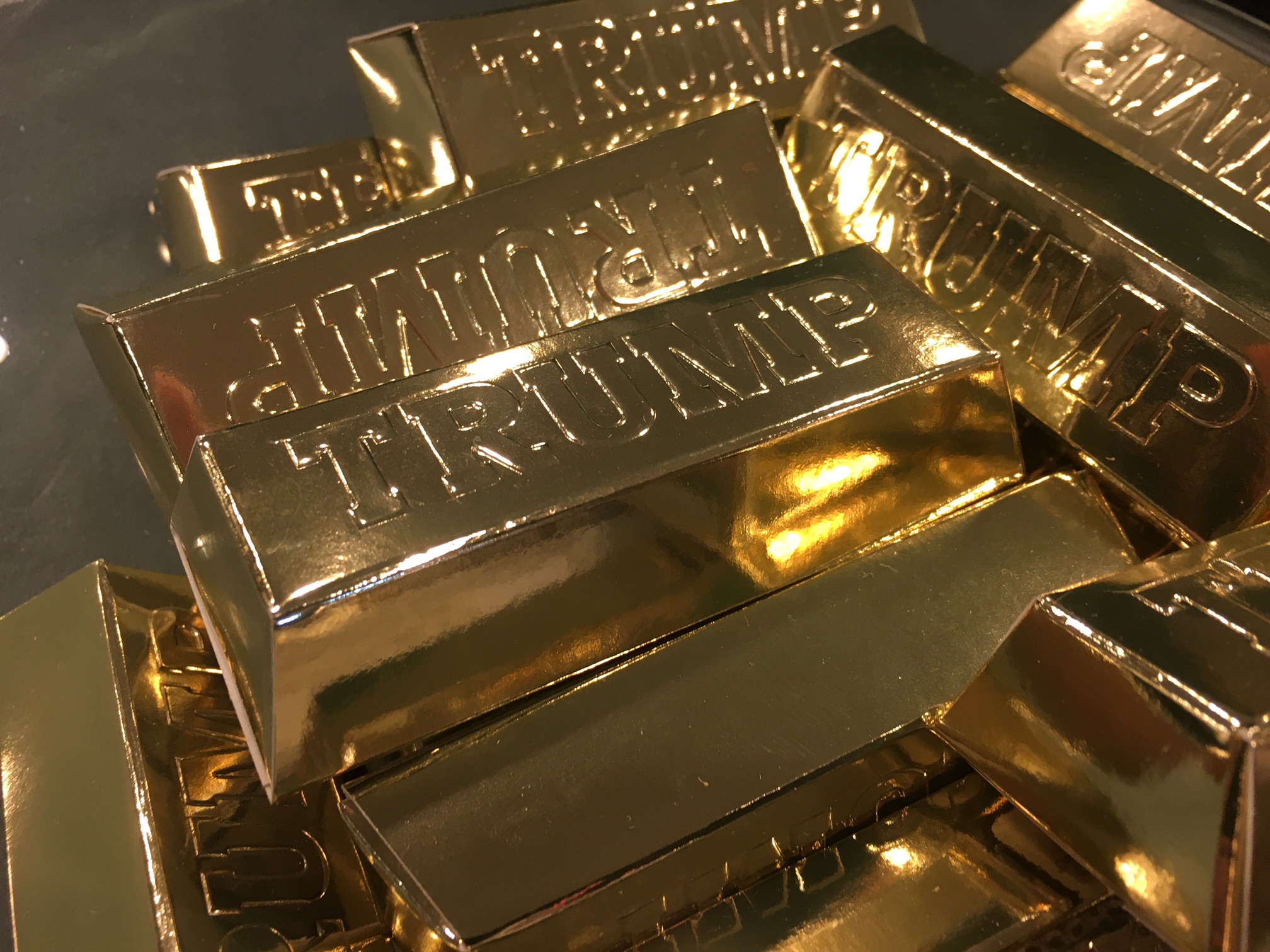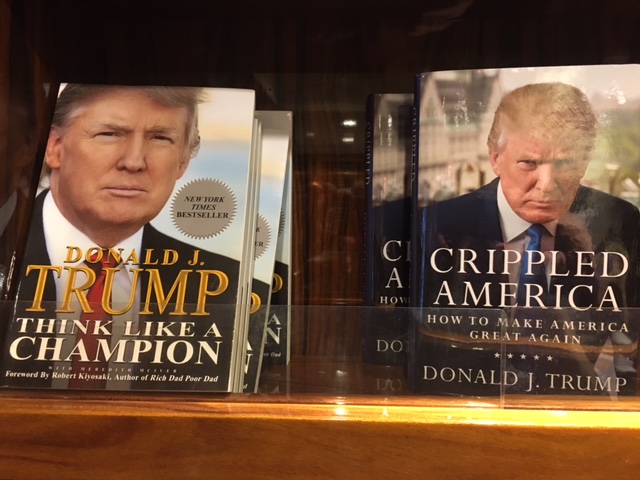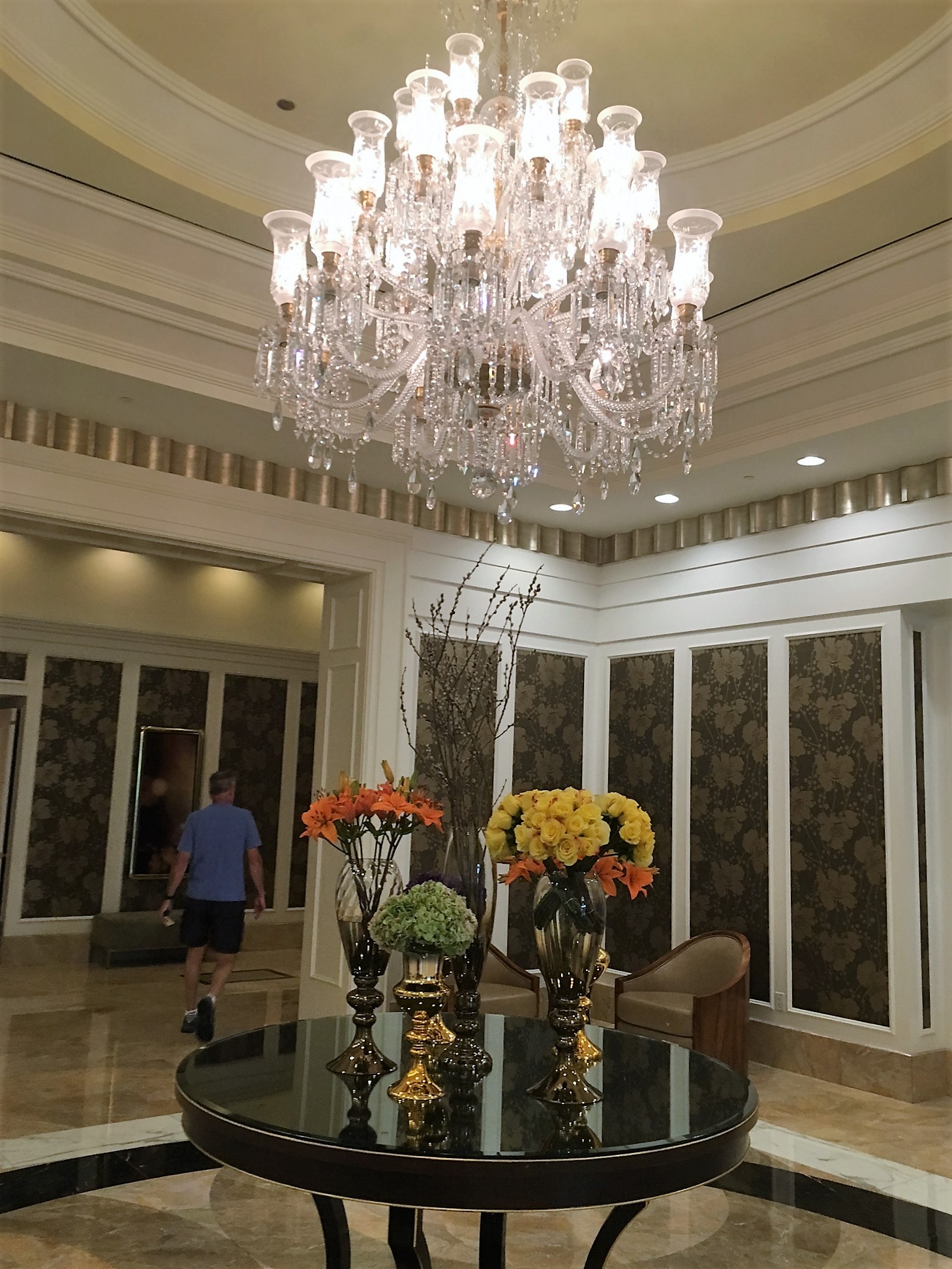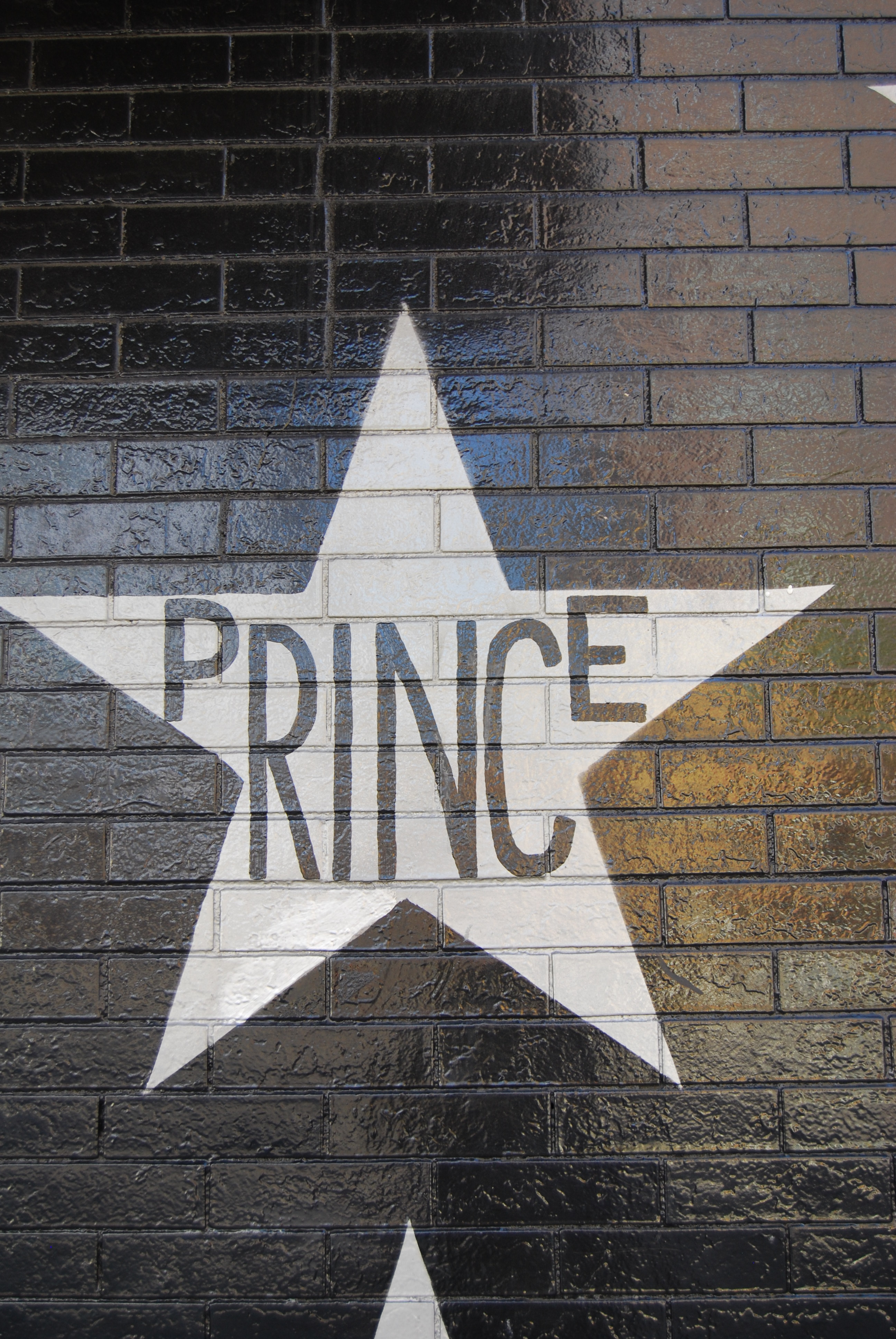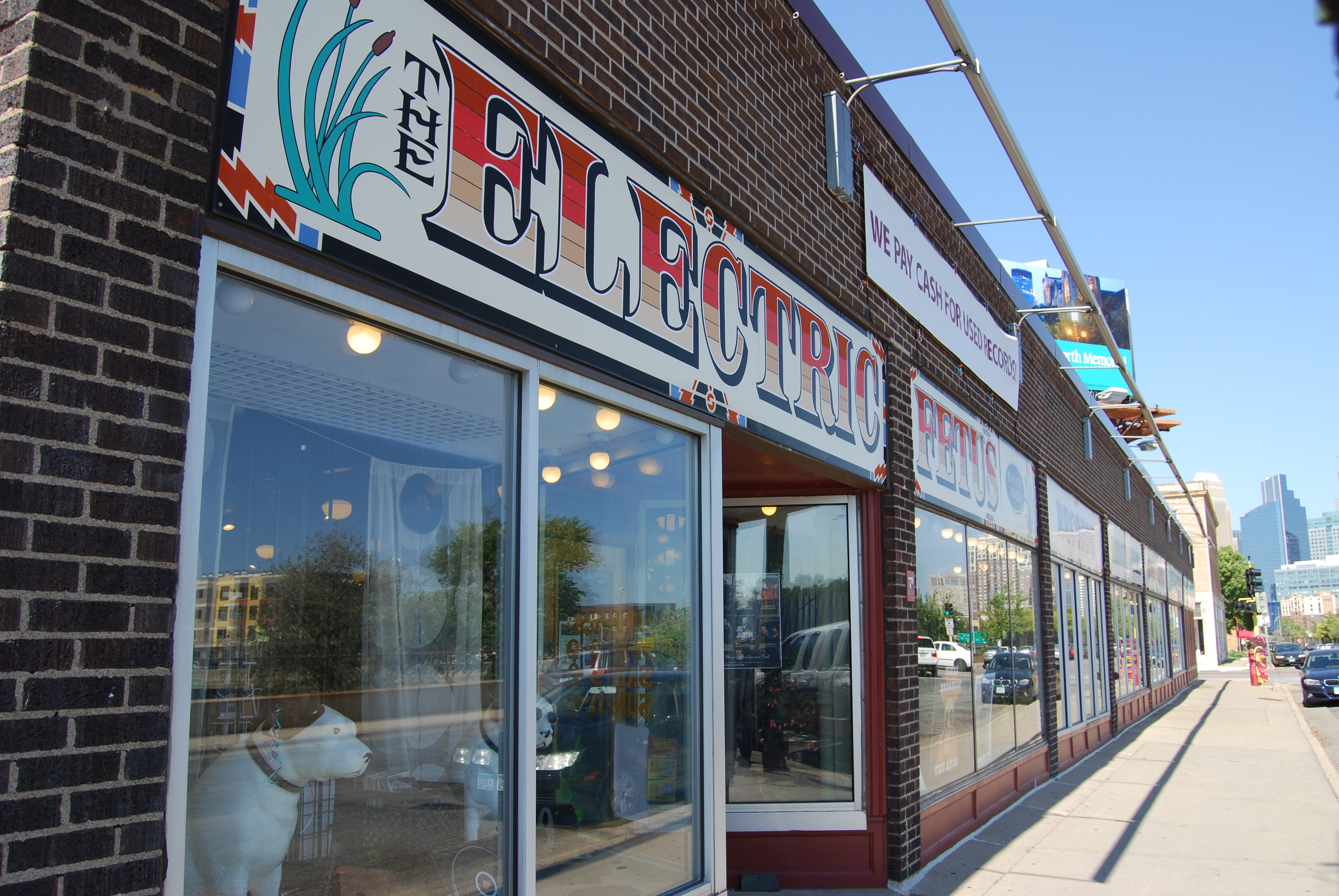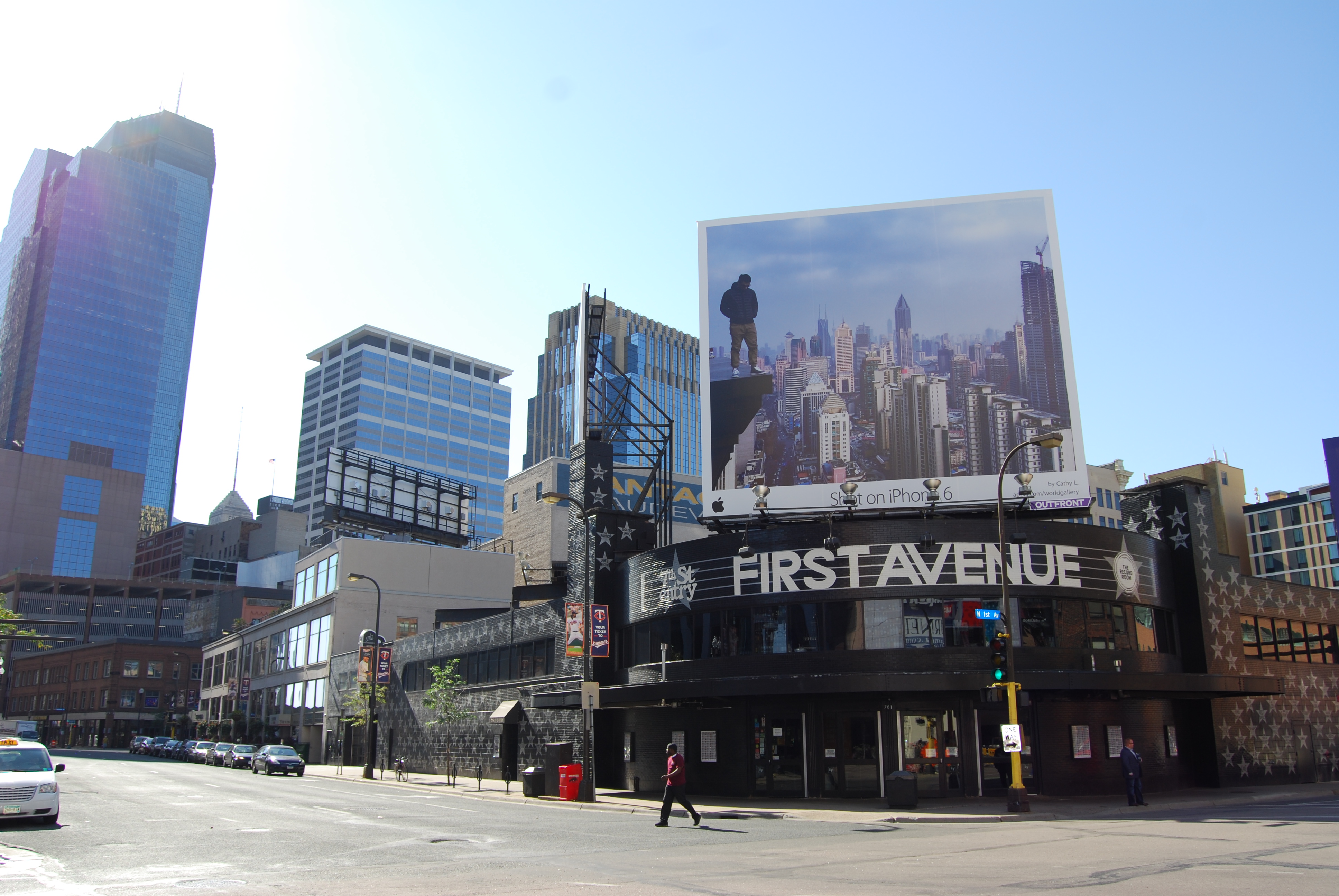12th March 2016 / Blog /
SIR Harold Atcherley was born in Epsom, Surrey two and a half months before the end of the First World War when the final push was on and more than 30,000 Germans had already surrendered. The day of his arrival was a busy one elsewhere in the world too. On August 30, 1918, Fanya Kaplan attempted to assassinate Lenin outside a factory in Moscow. The Russian leader was badly injured by the shots and Kaplan was subsequently hanged; her action was later regarded as a prelude to the nation’s civil war between the Red and White armies.
I am meeting Sir Harold at his flat on Sussex Square near Lancaster Gate Tube station in London. He is now 97 years of age and lives with his third wife Sally. It is an overcast October day and the well-to-do street is lined with Mercedes and Alfa Romeos. A Waitrose van is parked outside the manned entrance to his apartment block. I am buzzed up and find that the groceries are for the Atcherleys; bags are being put in the kitchen as I arrive.
A great deal has happened during Sir Harold’s lifetime – and after being born into a swirl of 20th-century events, he was soon in the thick of them himself. At the age of 23, when Singapore fell in February 1942, he became a Japanese prisoner of war. He had only been in the British colony for a few days, serving in the 18th Infantry Division, when the white flag was raised. His ship had arrived in a convoy via stops in South Africa and India, having been diverted to Singapore mid-journey to help out; his division’s original destination was the Middle East. Little did he know at the time how poorly the “impregnable fortress” of Singapore was defended.
Sir Harold has a trains connection, and it is this, during the research for my new book on trains entitled Ticket to Ride, that has brought me to Lancaster Gate. After being made prisoner, Sir Harold was sent to work on the Burma-Siam Railway, also known as the “Death Railway”. Of his group of 1,600 prisoners assigned to the Sonkurai camp on the present-day Myanmar-Thailand border, just 182 survived the war. More than 13,000 POWs died during the train line’s construction, as well as 100,000 native workers. This works out as about one man for every sleeper laid.
Many railways have bloody stories – great numbers on low wages perished laying tracks through America’s wild west, across the vast expanse of Siberia, in India, even on the construction of some British lines such as the Settle-Carlisle Railway, and elsewhere – but none more so than on the “Death Railway”.
Sir Harold kept a diary during his time in south-east Asia and this was published as Prisoner of Japan in 2012. In the book, he describes camp conditions in which 20 men a day died of cholera; he was one of the few inoculated from the disease by the Japanese in Singapore, possibly, he believes, because his surname began with an “A”, so he was top of the list, though the Japanese did not have time for everyone before their departure north. Others suffered dysentery, beriberi and tropical ulcers. The latter were particularly dreadful: “[There were cases] of legs bared to the bone from ankle to knee. One man’s thighs and scrotum completely rotted away. Indescribable stench, ulcers were scraped with spoons every day, or cleaned with leaches, accompanied by cries of men in their agony.” Sir Harold overcame bone-exposing ulcers on both legs, while bouts of beriberi meant he had had to tie his big toes to his calves with jungle vines to hold up his feet (beriberi caused his feet to flop, making walking impossible).
Some committed suicide from the double-level bridge they were helping to construct. The deceased, from whatever cause, were piled onto cremation fires: “The bodies used to sit up in the fire. Others groaned audibly, when the air rushed out of their lungs, the bodies slowly going black, skulls bursting open.” Their diet, which Sir Harold touches on often in his diary, was awful, consisting of 200 grams of rice a day, maggot-filled onion stew and sometimes, if they could catch one, snake meat (though he did not stoop to eating rats, as some Dutch prisoners were prepared to). His weight dropped from well over 11 stone to beneath nine stone; he looked like a “stick insect”. He was twice beaten up – “knocked out” – by guards. Their work on the tracks and the bridge lasted ten months, although his time as a prisoner spanned more than three years.
It is hard to imagine all this now. Sir Harold looks sprightly in a red v-neck jumper and blue shirt, and has a sparkle in his eyes. After the Waitrose delivery man leaves – a happy world away from his prisoner of war tribulations – Sir Harold and I sit down at sofas by a balcony overlooking Hyde Park, and we “talk trains” for a while, sipping fresh coffees prepared by Sally.
In his diary, Sir Harold describes the dreadful conditions on his train from Singapore to Siam, a journey of five days and nights during which prisoners had to relieve themselves by leaning over the edge of carriages: “Most had dysentery and were very weak so that many who could not get up simply defecated where they lay.” There was not enough room for all to lie down at the same time in the hot “all-metal box wagons”.
His descriptions of his time as a prisoner are so excruciatingly vivid, I wonder whether he can’t help thinking of what happened whenever he boards a train now? “No I don’t because in a way I’ve been very fortunate in that immediately after the war I was released and came home and I got stuck immediately into a very busy life. I naturally skipped a lot of the trouble that many had,” Sir Harold replies; his pre-war job with Royal Dutch Shell was still available when he returned in 1945.
Not everyone came to terms with their experiences as well as he did. “A few of my friends who were young officers with me at the time, within a year they’d committed suicide. One had been with the British Council in Rome, and when he went back there he had a wonderful life. Nobody will ever know exactly what was going on in his mind. Whether it was that [the war, being a prisoner] or something else.”
Casting his mind back to this period, Sir Harold recalls the exact circumstances of their return, which ended on the Mersey opposite the Liver Building in Liverpool. “We had this wonderful welcome from the mayor of Bootle. That was hilarious, even at the time,” he says – he and his fellow soldiers wondered whether they were not at least worth the mayor of Liverpool. “There was this pompous little man, extremely fat, with his chain of office practically dangling on the ground, and a brass band playing, when all we wanted to do was get home.”
Trains do not bring back the horrors of the war – and rather than shun railways, he has long been a fan of train travel. “I was married for many years to a German wife who died ten years ago – the same time as Sally’s husband died, and we happened to get together; and that was wonderful. So I spent a lot of time on the Continent on trains.” Sir Harold believes trains rather than planes to the south of France are a positive development, especially useful for those with second homes.
His son encouraged him to publish his 2012 diary of the POW camps, and the story of its survival is remarkable on three counts. The first is that he rediscovered the pre-railway beginning of his diary by chance in a shed after being sent back from Thailand to Singapore; he had thought he had lost his old bag. The second is that the writing was possible to decipher more than 60 years on. “I had handed my diary into the Imperial War Museum as it was in exercise books and odd bits of paper and in pencil. It was practically illegible. Fortunately it was typed and from typescript we got it into computer-script, which was a hell of a job as ever letter was different, a ‘w’ came out as an ‘n’ or something.”
Further pause for thought centres on what might have happened if the diary had been discovered by a Japanese guard; at the very least it is likely that it would have been destroyed. “Well anything [was possible], depending on where you were, I don’t know that anyone was executed for keeping a diary, but they certainly would have been very badly dealt with. I knew that if caught I would be in dire trouble.”
In June 2015, Sir Harold met Mikio Kinoshita, one of the Japanese railway engineers who had worked on the Burma-Siam Railway. An event was held at the Army & Navy Club on London’s Pall Mall, where the two shook hands in the Ladies Drawing Room near a portrait of Queen Victoria on a horse and a model of HMS Victory. Pleasantries were exchanged and Sir Harold referred to Kinoshita in friendly terms as “Mickey”; it was a moving occasion for all those in attendance.
How prisoners on the “Death Railway” were treated by figures such as Mickey was determined by a number of factors, Sir Harold says. “It depended what camp you were in. Also it depended in general whether you were in Burma or Thailand. I talked to Mickey at length about this, because we never met though he was very close to my camp in Burma, just before the railroad was finished. He had a couple of hundred Australians working his section. And it is quite evident it was a friendly relationship.”
At Sonkurai, Sir Harold’s camp, things were different. “A lot of the bashing and so on was done, at one period, by Sikh guards. You can appreciate, there were two brigades of Indian army. They included a Sikh regiment. Nobody will ever know how many of them deserted [from the British Army], but thousands. Of course the last thing they wanted to do was to keep the British Empire going. There’s a drawing in my book by Ronald, which is typical of what happened.”
Here Sir Harold is referring to a drawing by the artist Ronald Searle – the illustrator of the St Trinian’s School books – who was also at Sonkurai. The drawing he mentions depicts a guard with a stick watching as a prisoner carries away a fellow inmate, who appears badly beaten or dead.
Were there any difficult moments when meeting Mickey? “None at all. There was an initial emotion of: he’d come to London and there he was. I decided to have nothing to do with all the Japanese formality.” This was why he decided to call him Mickey.
Did Mickey say sorry? “Yes, oh yes.” Was it one of the first things he said? “It was pretty well. Because we first met in the hotel [near] here, the Lancaster. Sally and I met him there. His daughter, who spoke some English, was absolutely charming. We got the most incredible presents from them.”
Sir Harold opens the door to his balcony overlooking Hyde Park. The day has brightened and shafts of sunlight fall on an ethnic rug by the glass coffee table by which we sit. He returns and I ask if he has ever been back to Sonkurai. He hasn’t, but he has been to Singapore. “I visited last in 1970. I almost didn’t recognise the place. I went out to Changi and to the jail and it was still identifiable, though now the whole area is built over.”
Did he visit Raffles Hotel – a Singaporean landmark that has survived the years? He did not when he returned in the Seventies, he replies: “The last time I saw it was on a working party in Singapore [during the war]. The Raffles Hotel had four Chinese heads on sticks in front of it because, you know, when we surrendered a hell of a lot of Chinese were murdered, plus a lot of other nationalities, for whatever reason.”
Sir Harold leans forward and says that to this day he cannot quite understand the Japanese switch of allegiance away from the Allies after the First World War: “To me it’s incredible that [it happened] in such a short time.”
When I ask about wars today and Isis, he takes a deep breath. “I honestly feel that there’s not a lot that anyone can do about it. It will be going on in some shape or form for another 50 years.”
In his diary, Sir Harold often mentions missing good coffee during his years as a POW. At the time, all he got was “burnt rice smears”. We finish our cafetiere-prepared cups with a biscuits brought by Sally. We have drifted at times a long way from railways. Sir Harold worked for many years as a civil servant after being at Shell and met prime ministers at Number 10 including Thatcher (“rather like a headmistress”), Wilson (“that Labour man”), and Callaghan, who once said to him: “You know, I wonder whether this country is governable.”
In 97 years, you pick up a lot of stories.
As we part, Sir Harold tells me that he and Mickey are keeping in touch and that Mickey is now going to give talks at Japanese schools about the Burma-Siam Railway. This reminds me of his diary, once again. At the beginning of Prisoner of Japan, Primo Levi, the Auschwitz survivor, is quoted: “I have never harboured any hatred for the German people… I do not understand, I cannot tolerate the fact that a man should be judged not for what he is but because of the group to which he happens to belong.”
History rolls on, but some truths survive the test of time.
A picture of Sir Harold with Mickey, taken at the Army & Navy Club in June 2015:
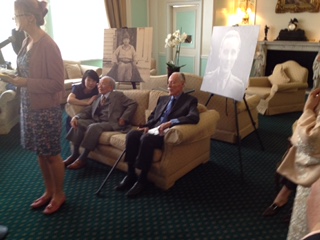
Sir Harold, with Sally Atcherley:
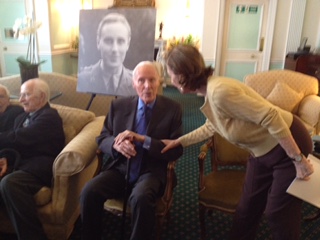
Sir Harold in his Army days, aged 24:
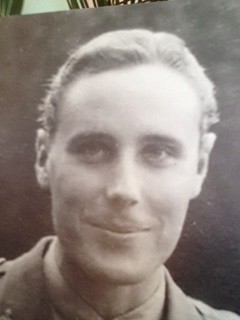
His book:
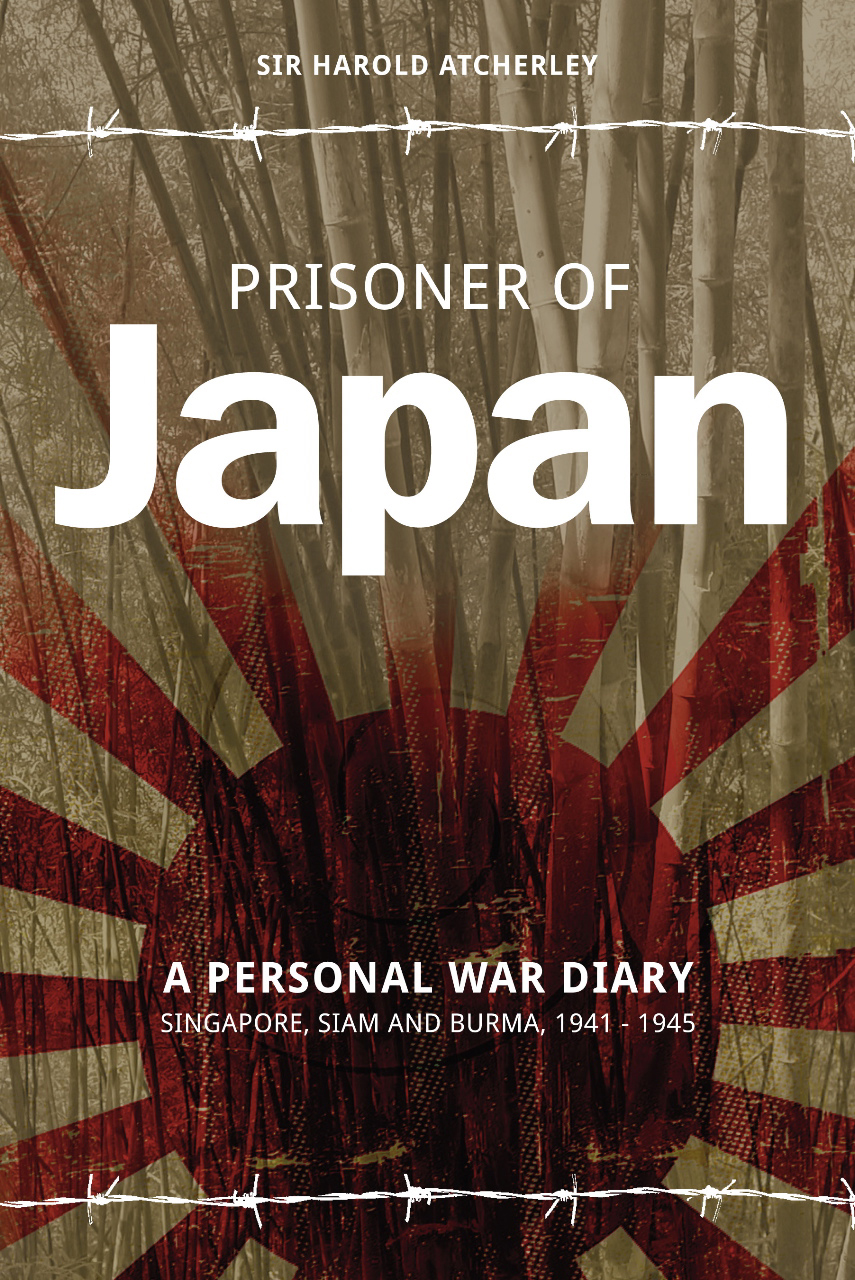
Si Harold and Mikio Kinoshita in 2015 (photo by Anna Kunst Photography):
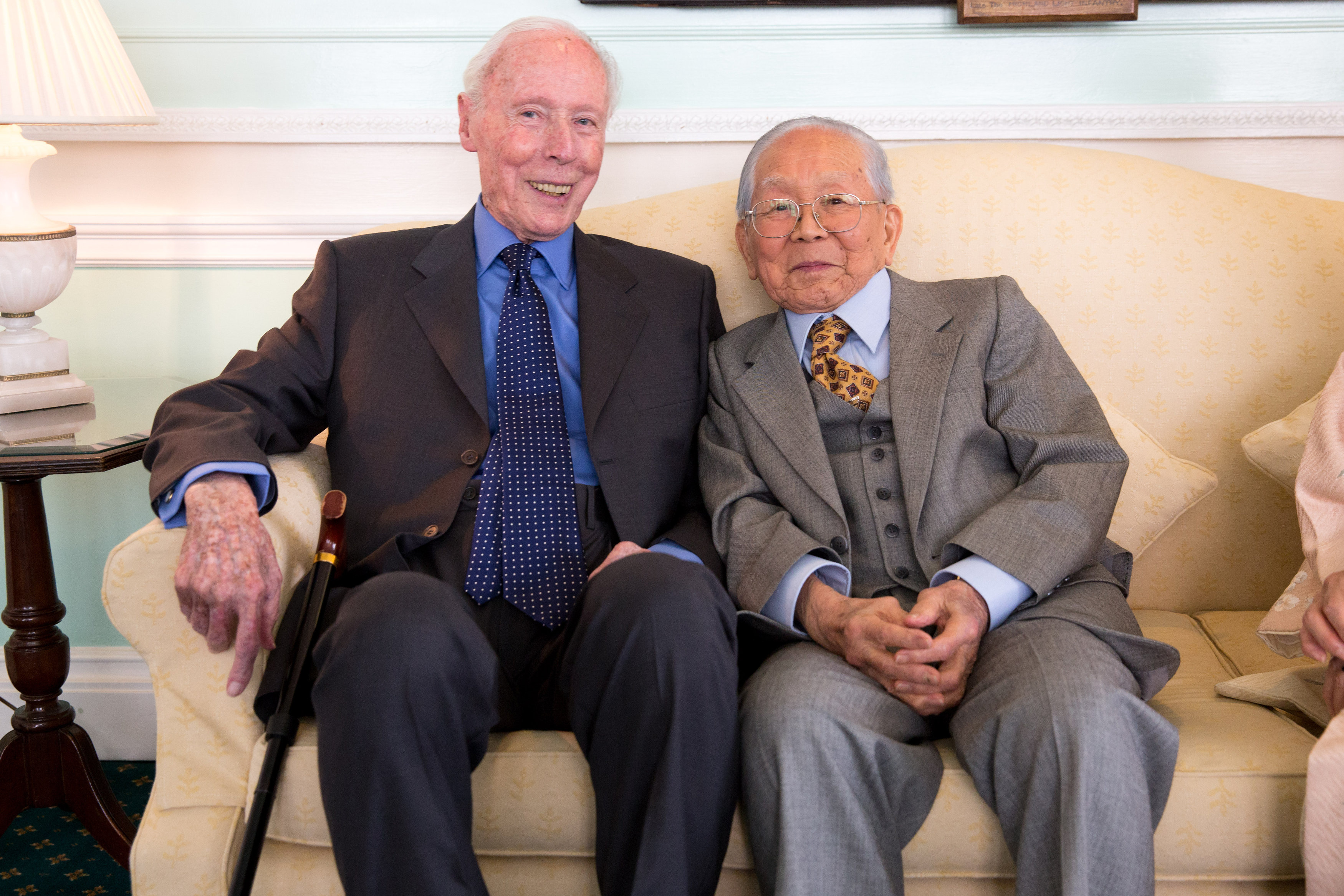
Mikio Kinoshita aged 21:
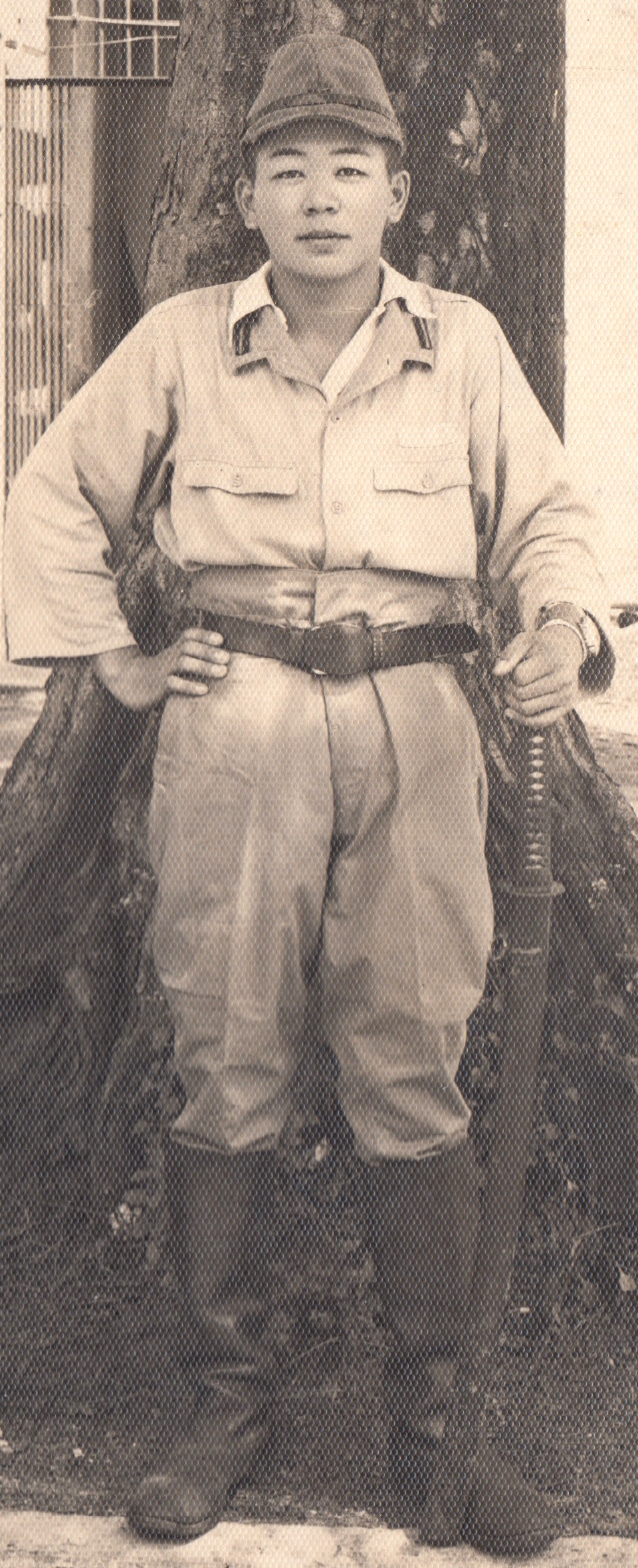
Sir Harold at his home in Lancaster Gate, 2015 (photo by HLA):
